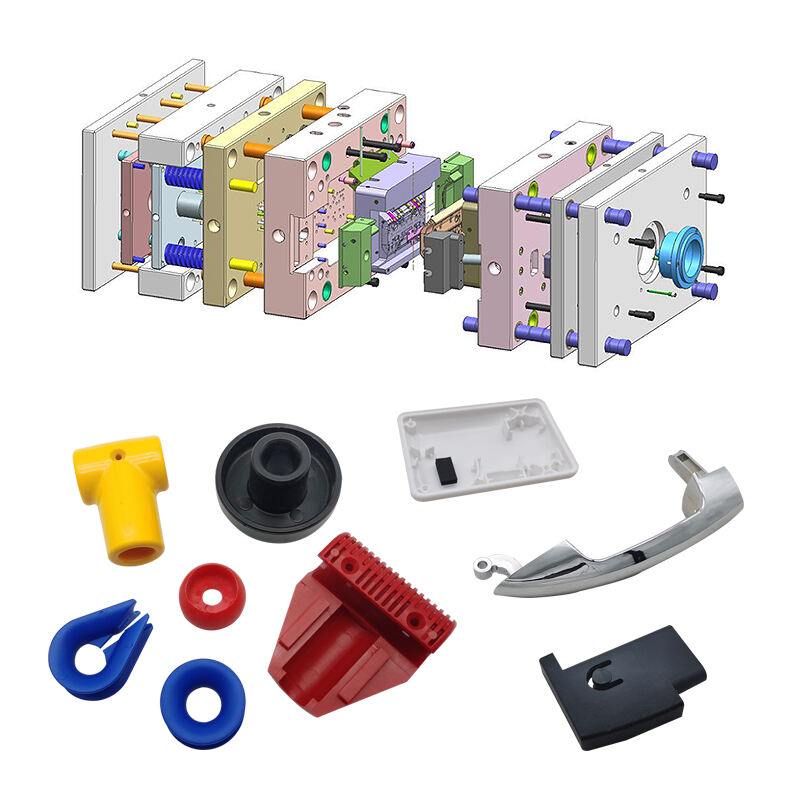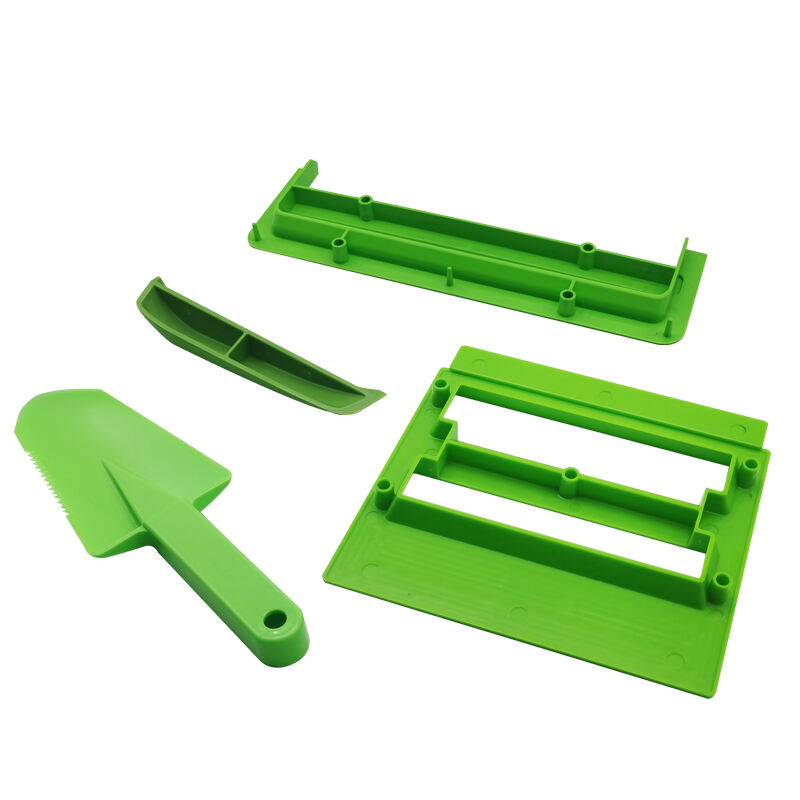injection moulded parts
Injection moulded parts represent a cornerstone of modern manufacturing, offering unparalleled precision and versatility in producing complex plastic components. This manufacturing process involves injecting molten plastic material into precisely engineered molds under high pressure, creating parts with exceptional consistency and quality. The technology enables the production of components ranging from microscopic medical devices to large automotive parts, with the ability to incorporate various materials including thermoplastics, thermosets, and elastomers. The process excels in producing parts with intricate geometries, fine details, and consistent dimensional accuracy, making it ideal for both high volume production and specialized applications. Advanced injection molding techniques now incorporate smart technologies for process monitoring, quality control, and automated production systems, ensuring optimal production efficiency and minimal waste. The versatility of injection molded parts extends across numerous industries, including consumer electronics, automotive, medical devices, aerospace, and household products. These components can be engineered to meet specific requirements for strength, flexibility, temperature resistance, and chemical compatibility, while maintaining cost effectiveness in large scale production.

